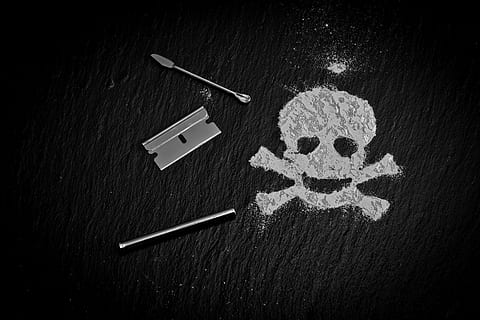Introduction:
Alcohol withdrawal is a condition which takes place when individuals abruptly stop or dramatically lower their particular alcohol intake after extended periods of heavy drinking. Its a complex and possibly deadly condition that affects many people globally. This report aims to offer a comprehensive summary of liquor detachment, including its signs, treatment plans, and administration strategies.
Signs and symptoms of Alcohol Withdrawal:
The beginning and severity of liquor detachment signs vary among people, based elements including the amount and extent of drinking and a person's all around health. Typical symptoms include tremors, anxiety, frustration, sickness, vomiting, insomnia, increased heart rate, and sweating. In extreme instances, individuals may experience hallucinations, seizures, or delirium tremens (DTs), a potentially fatal problem characterized by agitation, confusion, hallucinations, and fluctuating amounts of consciousness.
Treatment Options:
When working with liquor detachment, it is necessary to find health assistance and support. The primary aim of treatment solutions are to safely handle withdrawal symptoms, avoid complications, and facilitate the change to sobriety. Medical professionals can evaluate the seriousness of symptoms and determine the appropriate standard of care. In moderate cases, outpatient treatment can be administered, while worse cases may necessitate hospitalization.

Medicines commonly used in alcohol withdrawal therapy consist of benzodiazepines, that assist reduce anxiety, relieve signs, and steer clear of seizures. Various other medications like antipsychotics, anticonvulsants, and beta-blockers might be useful to handle certain signs or
Rehab Resort co-occurring circumstances. Also, vitamin supplements, specifically thiamine (vitamin B1), in many cases are recommended to stop or treat potential deficiencies connected with extortionate drinking.
Control Strategies:
Besides health interventions, various strategies can be employed to manage alcoholic beverages withdrawal effectively.
1. Supportive Care: Offering a supporting environment promotes a sense of safety and convenience. Including ensuring appropriate nutrition, moisture, and rest, plus keeping track of vital signs and handling any health problems that may occur during withdrawal.
2. Psychotherapy: Seeking psychological state assistance, including counseling or psychotherapy, can play a crucial role in dealing with underlying mental or psychological issues that contribute to alcoholic beverages dependency. These interventions help people develop dealing methods, manage causes, and establish healthy alternatives to liquor.
3. Rehabilitation tools: participating in rehabilitation programs, such as for instance inpatient or outpatient treatment centers, provides a structured and supportive environment for individuals searching for long-lasting recovery. These programs frequently incorporate health interventions, guidance, and peer help to deal with the real, psychological, and social areas of alcoholic beverages addiction.
4. Follow-up Care: After doing initial detoxification and treatment, people should still seek ongoing attention. This might include playing support groups, attending regular therapy sessions, and obtaining follow-up evaluations to make sure appropriate actual and psychological state.
Summary:
Alcohol withdrawal is a challenging condition that requires medical assistance and comprehensive help. Knowing the signs, treatment plans, and administration methods can greatly assist in assisting people safely navigate the withdrawal procedure and achieve long-term data recovery. By giving appropriate attention and resources, we are able to enhance the effects for everyone seeking to conquer alcohol addiction.